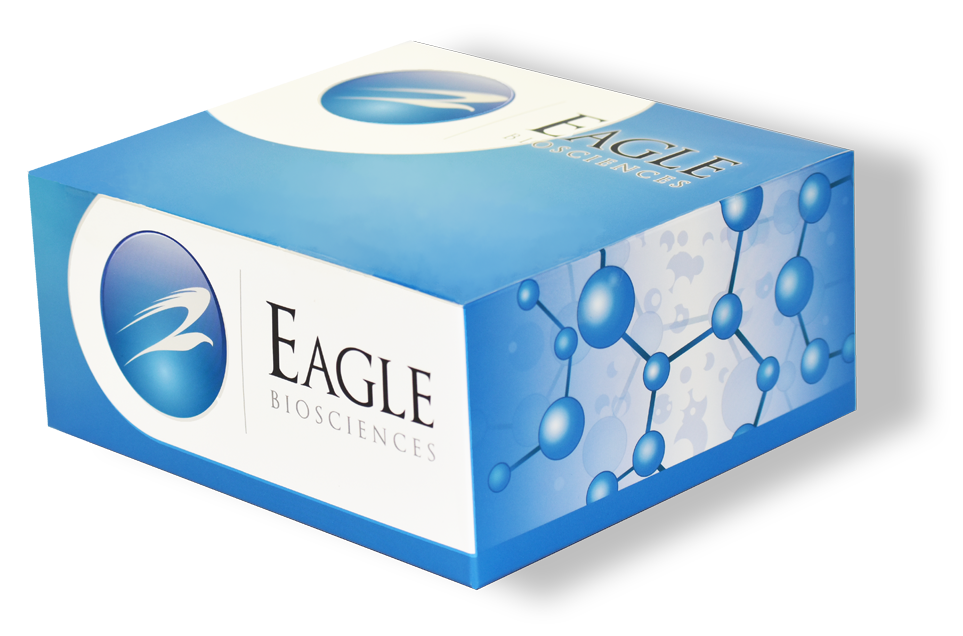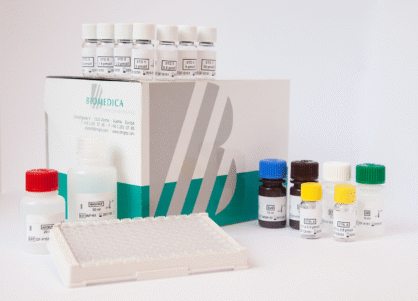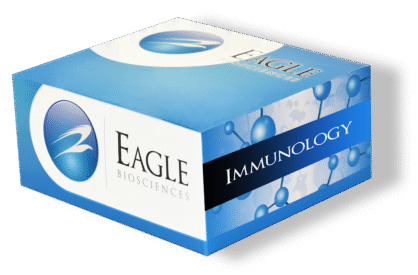Zika Virus IgG ELISA Kit
Zika Virus IgG is an immunoglobulin G antibody produced by the immune system in response to infection with the Zika virus, a flavivirus primarily transmitted by Aedes mosquitoes. The presence of Zika Virus IgG typically indicates past exposure or infection, as IgG antibodies generally develop within days to weeks after initial infection and can persist for months or even years. These antibodies target specific Zika virus antigens, such as the envelope (E) and non-structural (NS1) proteins, providing a marker of prior immune response rather than acute infection.
In clinical settings, Zika Virus IgG testing is used primarily for serological diagnosis to confirm previous exposure, especially in individuals with suspected prior infections or in pregnant women with possible Zika exposure. Since Zika symptoms are often mild or asymptomatic and overlap with other arboviral infections like dengue, IgG testing—often in combination with IgM and neutralization assays—helps distinguish between recent and past infections. However, cross-reactivity with other flaviviruses remains a diagnostic challenge, necessitating confirmatory testing for accurate interpretation.
In research contexts, Zika Virus IgG serves as a crucial biomarker for studying population-level immunity, tracking seroprevalence, and evaluating vaccine efficacy. Measuring IgG levels can help determine the duration and strength of immune protection, assess reinfection risk, and model transmission dynamics in endemic regions. Additionally, IgG profiling contributes to understanding immune cross-reactivity within the flavivirus family, guiding the development of more specific diagnostic assays and vaccines.
This Zika Virus IgG ELISA Kit is manufactured in USA by Eagle Biosciences.




